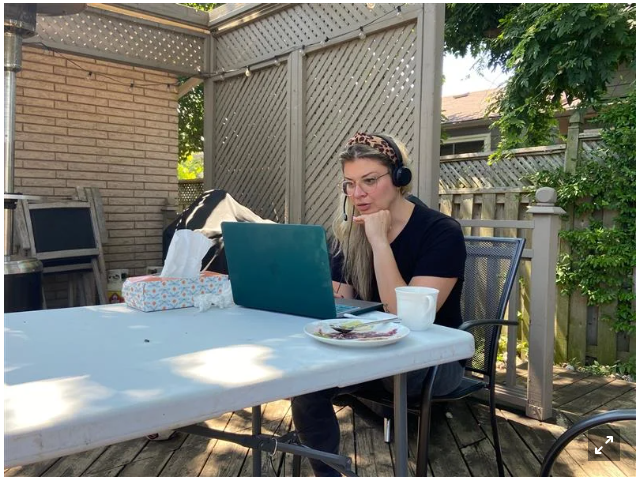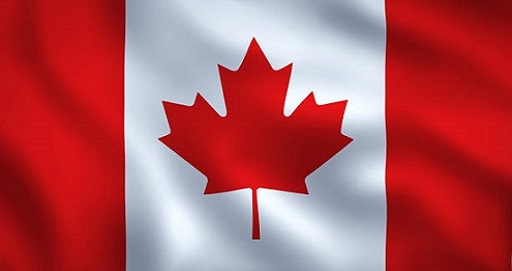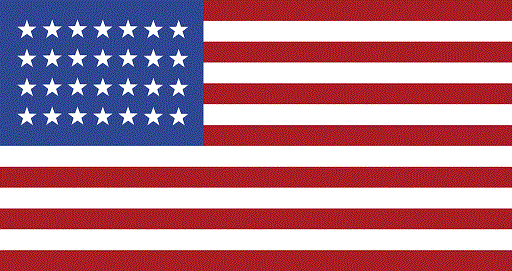- Your cart is empty
- Continue Shopping
COVID cases are rising across Canada. Where are the country’s top doctors?

A seventh wave of COVID-19 is sweeping across Canada, leading to high rates of infection and increased hospitalizations in most provinces. But unlike during previous outbreaks, many of the country’s top doctors have been largely absent from the public eye.

Now, health experts say the public should be getting clearer messaging – that even if virus protection measures like masking and distancing aren’t being mandated by law, they should still be followed.
“I think we should still (be) encouraging people to continue wearing a mask when they’re in public, when they’re on the subway, when they’re in a concert, going to the theater or a sports game,” says Tim Sly, an epidemiologist and professor emeritus with the School of Public Health at Toronto Metropolitan University.
READ MORE: Sask. Ministry of Health says COVID-19 activity increasing
Rising rates of infection are being recorded through wastewater data in almost every province, hospitalizations are increasing across the country and many people who have already contracted COVID-19 are getting re-infected.
he highly-contagious Omicron subvariant known as BA.5 is a major culprit behind these new infections, which is also fuelling surges of cases in the United States, Europe and elsewhere.
But the removal of public health restrictions and measures such as mask mandates are also a major factor, Sly said.
“What we’re looking at here is the fact that the virus is not done with us yet by a long means,” he said.
“We’re also … going into a wave at a time when a lot of people have given up their masks and normal protection that they’ve been doing up to up until now. And, so that’s both contributing to (current outbreaks). There’s no question about it.”
But even with a rise in COVID-19 activity, not everyone is keen to return to masks and mandates.
Angelica Cugini of Burlington, Ont., is currently sick with COVID-19 for the fourth time since last December.
espite enduring so many infections, some of which affected her worse than others, she says she has no desire to return to public health measures.
“I think it definitely affects different people differently, but I’m definitely not scared. I don’t really care if I get it again,” she said.
The double-vaccinated mother says she believes it’s better for society to learn to live with the virus and allow people to go on with their daily lives.
“I never want to wear a mask again. I’m OK to catch it again.”
Sly says ideally, the public shouldn’t need mandates to take steps to protect themselves from a virus that has killed at least 6.3 million people around the world in two and a half years. But if people aren’t doing enough to keep disease activity and transmission down, strong and clear public messaging about what people should be doing voluntarily should at least be given on a regular basis by public health officials, he said.
READ MORE: Kitchener hospital delays some elective surgeries after staff COVID cases, exposures
Provincial and federal public health officials have been largely absent from the public eye in recent weeks. Canada’s federal chief public health officers had been giving regular weekly updates, but stopped a few weeks ago. An official with the Public Health Agency of Canada (PHAC) told Global News no firm date has been decided for when the next public briefing would be held.
Provincial public health chiefs have similarly stopped giving regular briefings in front of cameras and reporters, even as COVID-19 activity has been rapidly increasing in their jurisdictions.
“We’re not hearing from provincial medical offices as much as we did in the beginning,” Sly said. “You are hearing from independent epidemiologists like me quite a lot … and their message essentially is encouragement in every way you can.”
Ottawa’s top doctor, Dr. Vera Etches, issued a statement Thursday expressing concern about the current wave, noting that COVID-19 levels are higher now in Ottawa than they were during the January Omicron wave.
She urged citizens to “wear masks indoors and outdoors in crowded spaces.”
“Individually and collectively, now is the time to reassess and adapt our behaviours to the levels of COVID-19 in the community,” she said in her statement.
Last week Ontario’s chief medical officer of health, Dr. Kieran Moore, said the province had no plans to bring back restrictions.
A similar sentiment was shared by Quebec’s chief medical officer, Dr. Luc Boileau, despite the rise in hospitalizations in his province.
“We do not need to reintroduce public health policies or mandatory acting for the population,” he said.
“Of course, we suggest people to be concerned about the situation and use the tools that are available and namely the mask and other means to protect themselves.”
Thomas Tenkate, associate professor of the School of Occupational and Public Health at Toronto Metropolitan University, says he believes it’s time for mandatory public health measures to be brought back.
At the beginning of the first cases of COVID-19 in 2020 and again when the first Omicron wave hit Canada in 2021, governments were too slow to act and implemented mandates after major outbreaks had already occurred, Tenkate said.
“We saw the impacts of that, so in a lot of ways, what I’d say is we have to learn from the history with COVID … it’s better to implement stronger measures earlier than to wait to implement them later,” he said.
“I would advocate for vaccine mandates, mask mandates (especially) for those in high risk settings such as hospitals, nursing homes and even child care centers.”
Leaving it up to an individual’s choice won’t work, he said.
“If you don’t actually put something in place … and really sell the message, then you’re not going to get anywhere.”








